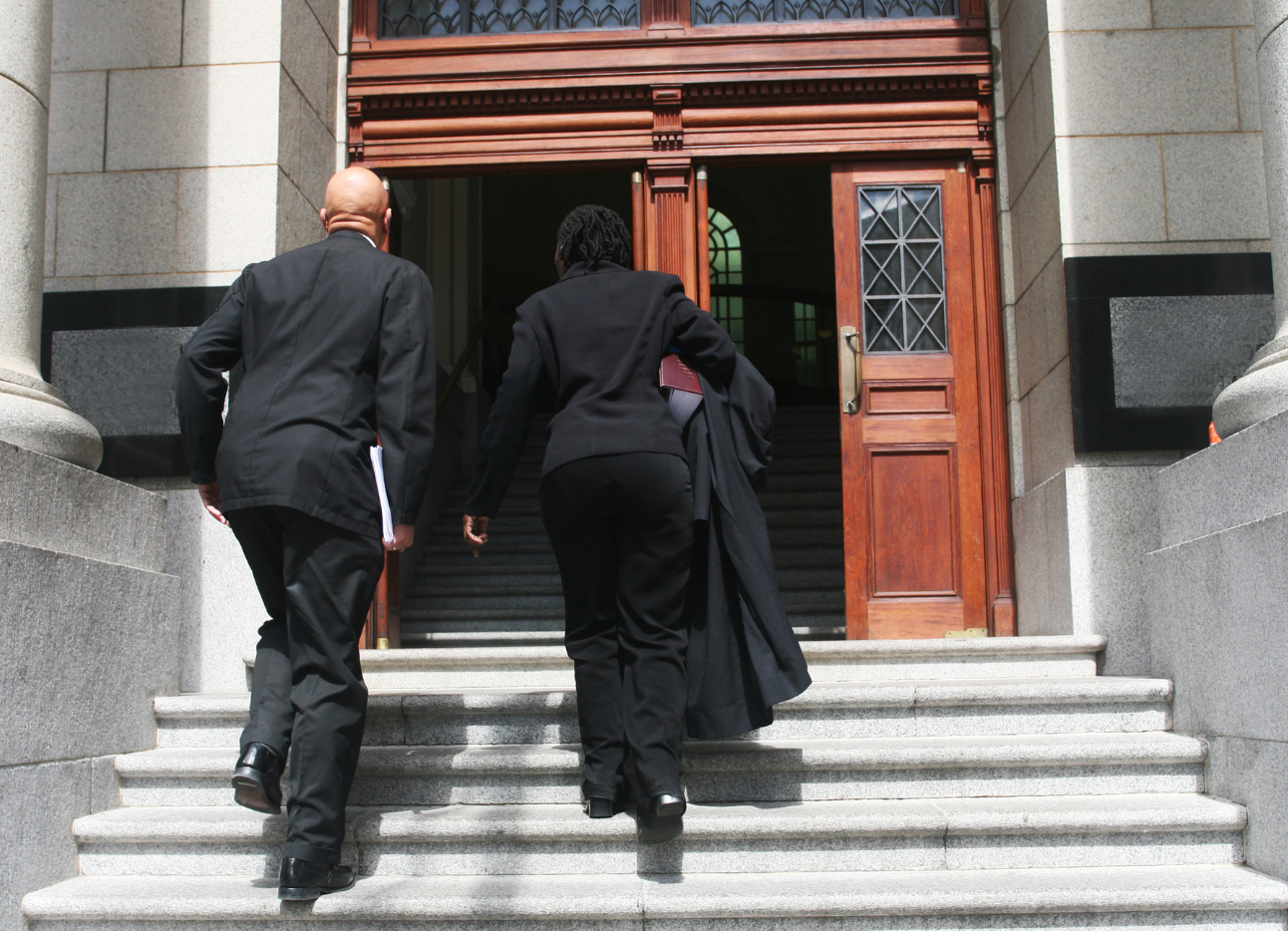
New SafeLives reports show lack of understanding, trauma awareness and support for victims of domestic abuse in family court
Experiences in family court: SafeLives find family lawyers’ understanding of domestic abuse ‘hit and miss’, leaving many survivors feeling silenced, misjudged and re-traumatised.
Today, two years on from the Government’s ‘Family Harms Panel’, reports released by the domestic abuse charity SafeLives show a lack of understanding, trauma awareness and support for victims of domestic abuse in the family court. The reports also identify key gaps in lawyers’ understanding, including coercive control and other non-physical forms of abuse.
In the first of two reports, “Don’t complain” Domestic abuse survivors’ experiences of family lawyers, survivors and domestic abuse practitioners detail a lack of understanding, trauma awareness and support for victims in family court.
Survivors told SafeLives they felt judged, often misunderstood, and ignored during the court process. A survivor who felt silenced by her lawyer told us she was advised not to complain when she noted that reports were incorrect or were missing vital information.
In the second report, “Hit and miss” Family lawyers’ understanding of domestic abuse, legal professionals and domestic abuse practitioners identified key gaps in lawyers’ understanding, including coercive control and non-physical forms of abuse, the impact of domestic abuse on children, and the dynamics of abusive relationships. These can prevent them from being able to identify and appropriately respond to survivors of domestic abuse.
Professionals from the legal sector also told us that despite some great examples of excellent practice, few lawyers tend to show they understand what it might feel like for survivors to go through the family justice system which can “replicate the power and control dynamics” of domestic abuse.
Suzanne Jacob OBE, CEOThe experiences shared in these reports reinforce our determination to restore survivors’ faith in the family justice system. This is a system that is meant to provide safety and security for children and adults, including those who have been subjected to abuse.
We have to listen to and believe survivors of domestic abuse.
Family justice professionals across the board need to develop a far better understanding of the complexities of domestic abuse and the impact of trauma, sensitively and competently considering people’s intersecting characteristics and experiences including race and language skills, so every adult and child survivor receives the support and representation they deserve.
The Domestic Abuse Commissioner, Nicole JacobsFar too often I hear from domestic abuse survivors about their experiences in the family courts. Many victims and their children feel let down and re-traumatised through the process which is why improving the family courts response to domestic abuse is one of my top priorities.
As these reports by SafeLives highlight, the problems in the family courts are well-known and were backed up in the Government’s Harm Panel report published in in 2020.
We must see the Harm Panel’s recommendations implemented now so we can see a better understanding of domestic abuse in the family courts with the voice of survivor and their children at the heart of proceedings.
Domestic abuse survivorAlways the advice is: ‘Well, don’t complain. You’ll be seen to be doing this…it’ll go against you
You may also be interested in


“Hit and miss” – Family lawyers’ understanding of domestic abuse

